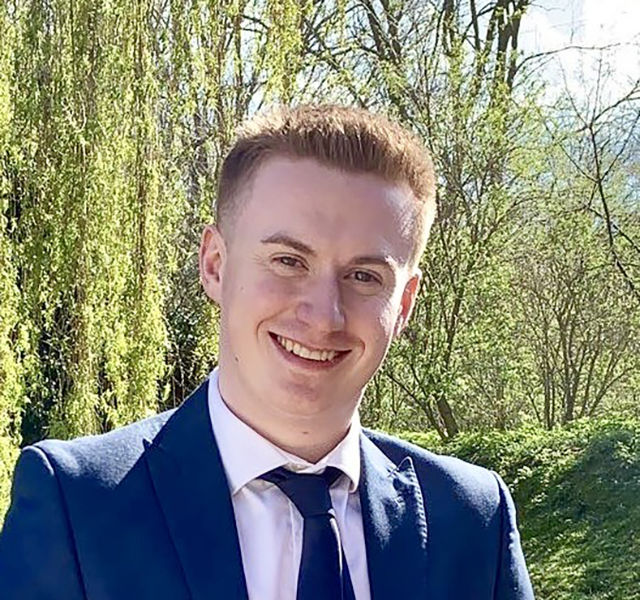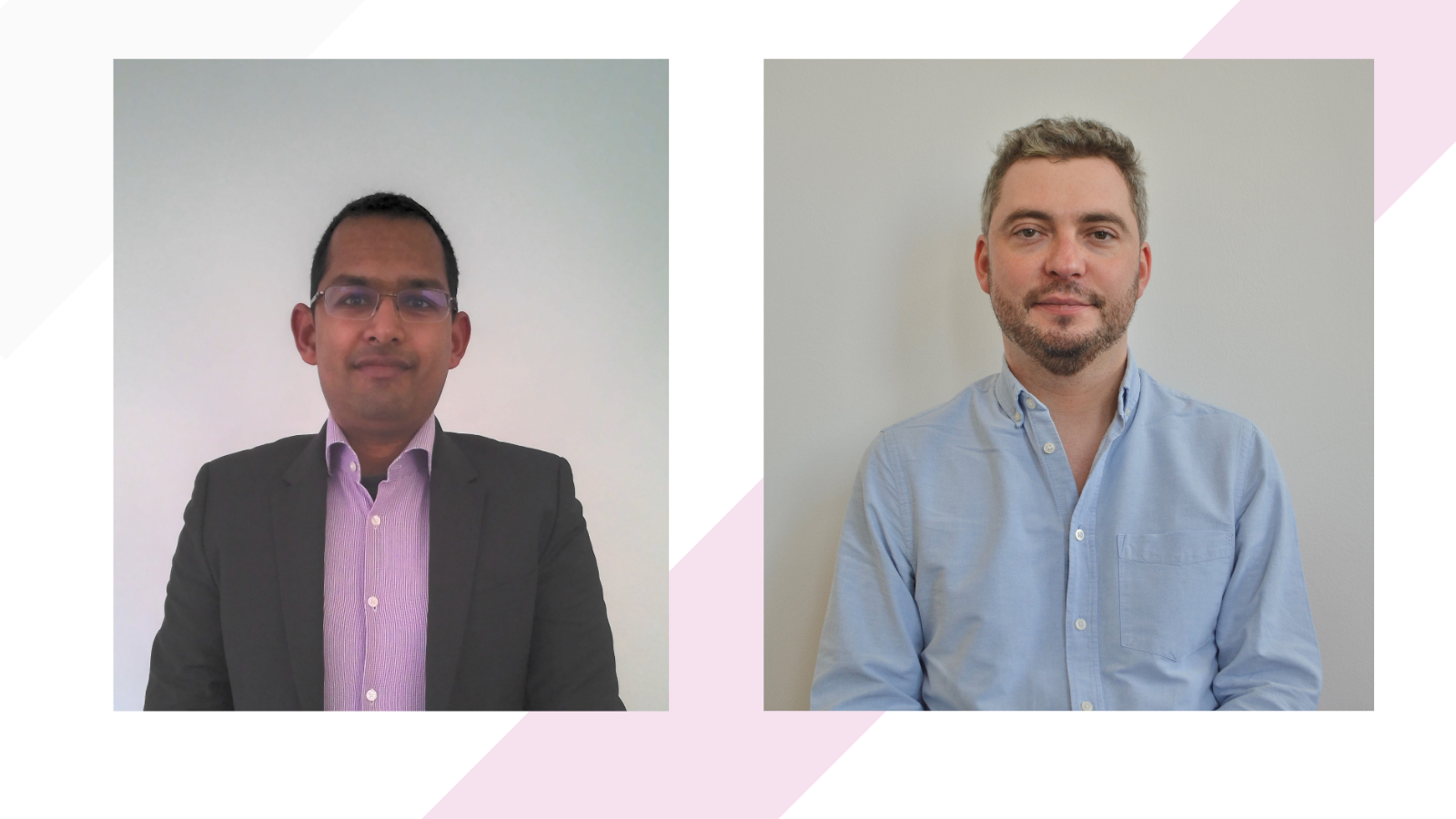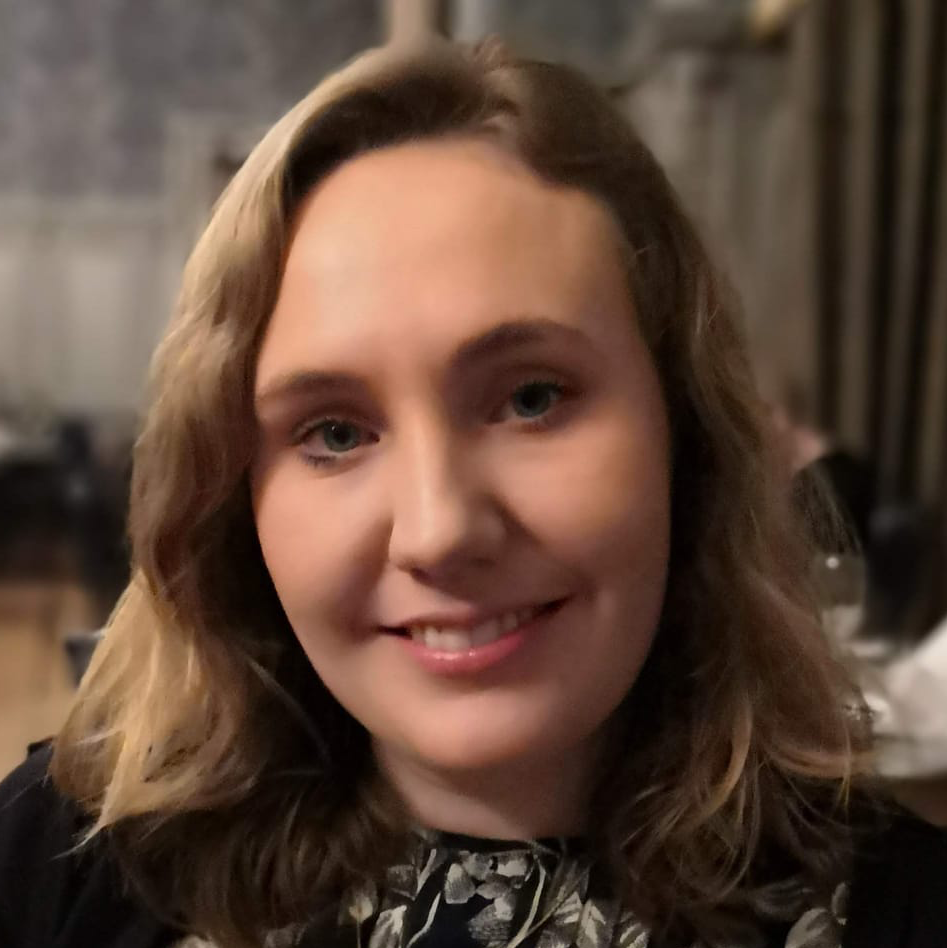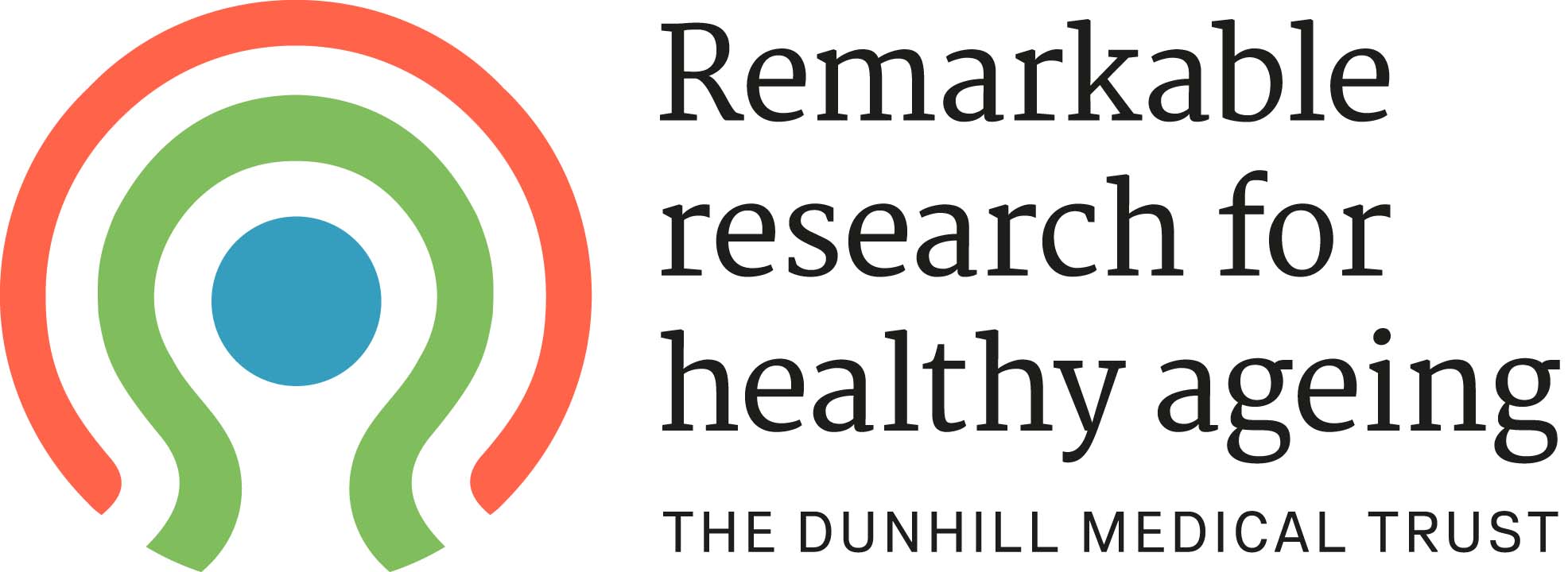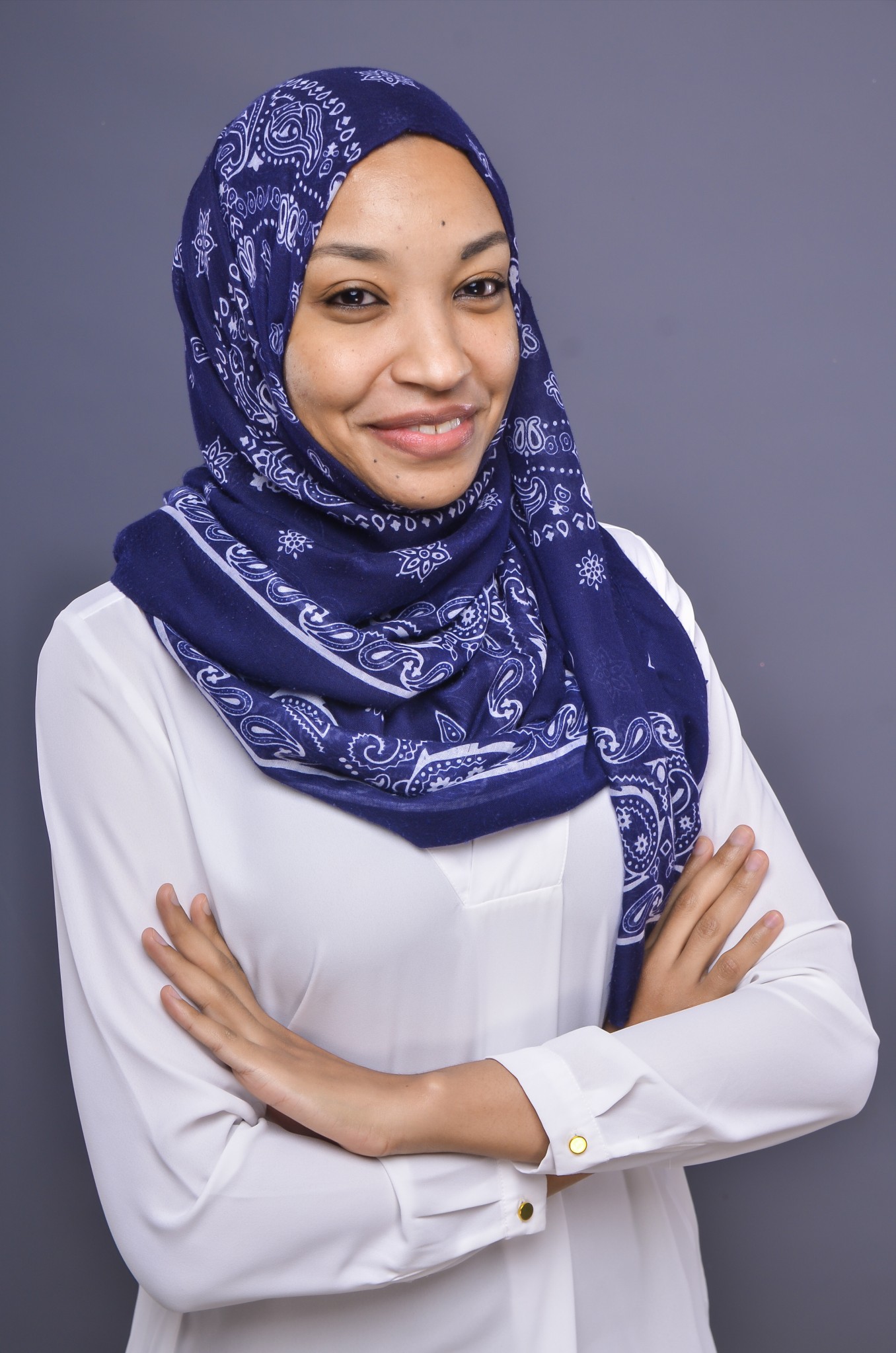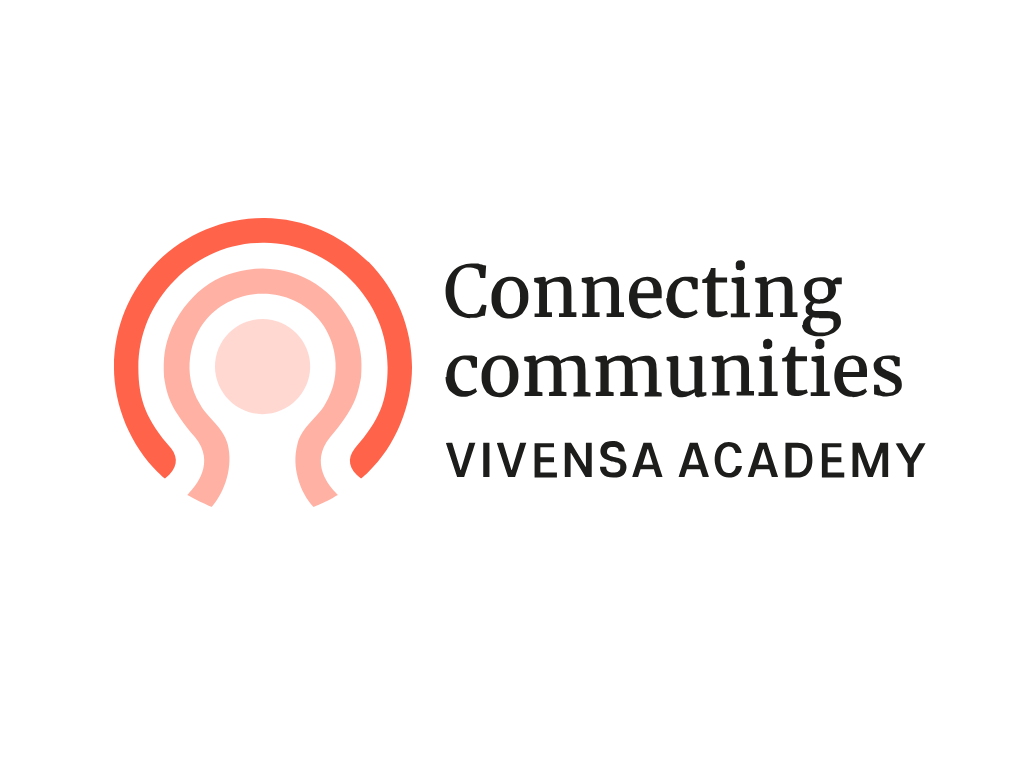The British Geriatrics Society has partnered with the Vivensa Foundation, previously known as the Dunhill Medical Trust, to co-fund Doctoral Training Fellowships to support front-line health professionals undertake research relevant to age-related diseases and frailty.
Eligible candidates include doctors, nurses and allied health professionals working with older people. One award will be made per year over the lifetime of the joint agreement, with each award covering the costs of a three-year Fellowship.
In the UK today more than 12 million people are aged 65 years or over,1 equating to nearly one in five of the population. It is estimated more than a third of these older people are living with a longstanding health condition.2 In addition, research has shown that 75% of 75-year-olds have more than one long term condition, rising to 82% of 85-year-olds.3 This challenge of managing healthcare needs is only set to increase with projections indicating that in 50 years’ time, there are likely to be an additional 8.6 million people aged 65 years and over in the UK who will need access to health services.4 Clinical research conducted by front-line health professionals is therefore key if the NHS is to meet the needs of an ageing population. Within this context, these new Fellowships will make an important contribution to furthering the understanding and treatment of age-related diseases and frailty.
Applicants must be a Member of the British Geriatrics Society for the lifetime of the grant and meet the requirements for a programme of PhD study at a UK-based University. The grant covers salary, tuition fees, and consumables.
1. Office for National Statistics. (2018) Overview of the UK population: November 2018
2. Office for National Statistics. (2016) Proportion of people with a long-standing illness and limiting long standing illness by age and sex, 2011
3. Barnett, K. (2012) Epidemiology of multimorbidity and implications for health care, research, and medical education: a cross-sectional study
4. Office for National Statistics. (2018) Living longer: how our population is changing and why it matters

